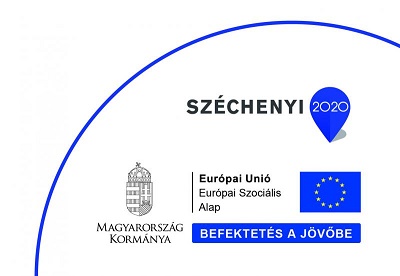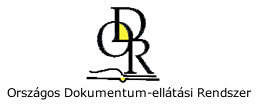Traveling Alone
by Billy Collins
At the hotel coffee shop that morning,
the waitress was wearing a pink
uniform
with “Florence” written in script over her heart.
And the man who
checked my bag
had a badge that said “Ben.”
Behind him was a long row of
royal palms.
On the plane, two women poured drinks
from a cart they rolled
down the narrow aisle —
“Debbie” and “Lynn” according to their winged
tags.
And such was my company
as I arced from coast to coast,
and so I
seldom spoke, and then only
of the coffee, the bag, the tiny bottles of
vodka.
I said little more than “Thank you”
and “Can you take this from me,
please?”
Yet I began to sense that all of them
were ready to open
up,
to get to know me better, perhaps begin a friendship.
Florence looked
irritated
as she shuffled from table to table,
but was she just hiding her
need
to know about my early years —
the ball I would toss and catch in my
hands
the times I hid behind my mother’s dress?
And was I so wrong in
catching in Ben’s eyes
a glimmer of interest in my theories
and habits —
my view of the Enlightenment,
my love of cards, the hours I tended to
keep?
And what about Debbie and Lynn?
Did they not look eager to ask about
my writing process,
my way of composing in the morning
by a window, which
I would have admitted
if they had just had the courage to ask.
And
strangely enough — I would have continued,
as they stopped pouring
drinks
and the other passengers turned to listen —
the only emotion I ever
feel, Debbie and Lynn,
is what the beaver must feel,
as he bears each
stick to his hidden construction,
which creates the tranquil pond
and
gives the mallards somewhere to paddle,
the pair of swans a place to conceal
their young.
Billy Collins, az egyik legolvasottabb kortárs amerikai költõ, amerika „koszorús költõje”, aki az angol nyelv és irodalom professzoraként is az egyszerû, közérthetõ, letisztult költészet mellett foglal állást. Részt vett abban a mozgalomban, amit azért indítottak Amerikában, hogy a fiatal olvasók körében újra népszerûvé tegyék a kortárs költészetet.
Az utazás az irodalomban gyakran az élet – az életút metaforájaként jelenik meg. A versben magányos utazásról van szó.


 A Frankfurti Könyvvásár és német kiadók különleges könyvkollekcióját tekinthetik meg, olvasgathatják és rövid idõre kölcsön is vehetik az érdeklõdõk a könyvtár Zenei és Idegen Nyelvi Gyûjteményében szeptember 25-ig.
A Frankfurti Könyvvásár és német kiadók különleges könyvkollekcióját tekinthetik meg, olvasgathatják és rövid idõre kölcsön is vehetik az érdeklõdõk a könyvtár Zenei és Idegen Nyelvi Gyûjteményében szeptember 25-ig.




 Örömmel adjuk hírül olvasóinknak, hogy Gyermekkönyvtárunk a tervezett július 31. helyett egészen augusztus 31-ig várja az olvasni vágyókat az érsekkerti játszótéren. Továbbra is minden hétfõn és csütörtökön, - ha az idõjárás engedi - délelõttönként 10 és 12 óra között "költözünk ki" a játszótérre, ahol beiratkozási és kölcsönzési lehetõséget kínálunk gyerekeknek és felnõtteknek.
Örömmel adjuk hírül olvasóinknak, hogy Gyermekkönyvtárunk a tervezett július 31. helyett egészen augusztus 31-ig várja az olvasni vágyókat az érsekkerti játszótéren. Továbbra is minden hétfõn és csütörtökön, - ha az idõjárás engedi - délelõttönként 10 és 12 óra között "költözünk ki" a játszótérre, ahol beiratkozási és kölcsönzési lehetõséget kínálunk gyerekeknek és felnõtteknek.
 Értesítjük kedves olvasóinkat, hogy a Központi Könyvtár 2009. június 3-4-én, június 8-án és 10-én 16 óráig tart nyitva.
Értesítjük kedves olvasóinkat, hogy a Központi Könyvtár 2009. június 3-4-én, június 8-án és 10-én 16 óráig tart nyitva.
 Intézményünk országos és nemzetközi hálózati kapcsolatát az NIIF Program biztosítja
Intézményünk országos és nemzetközi hálózati kapcsolatát az NIIF Program biztosítja








